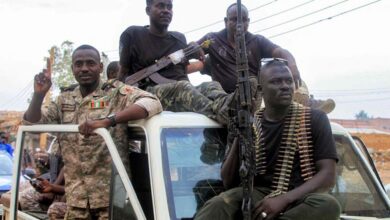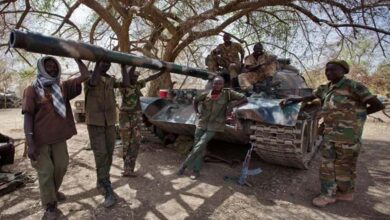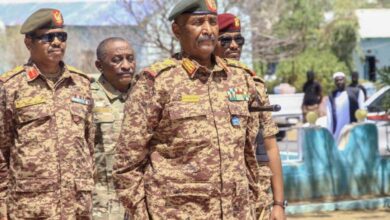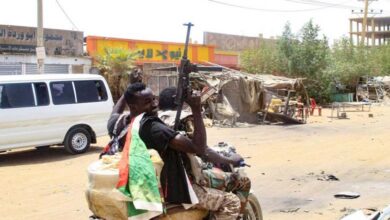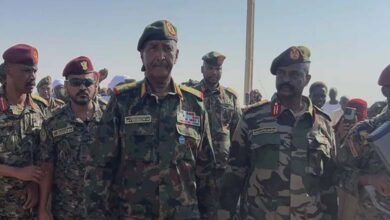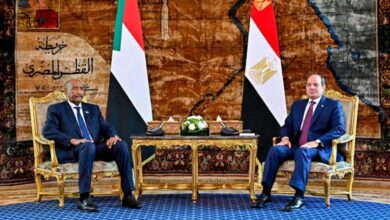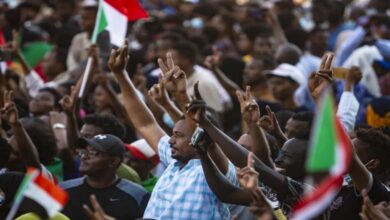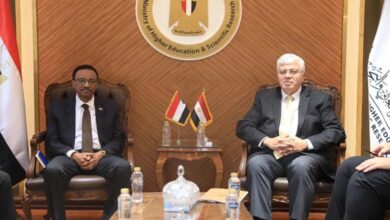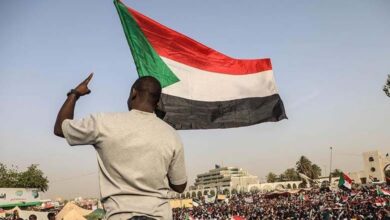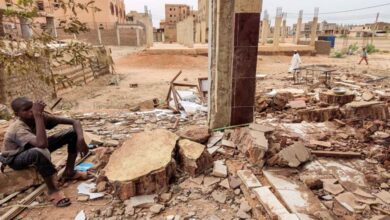Port Sudan… between government paralysis and the crime of child recruitment: what future awaits Sudan?
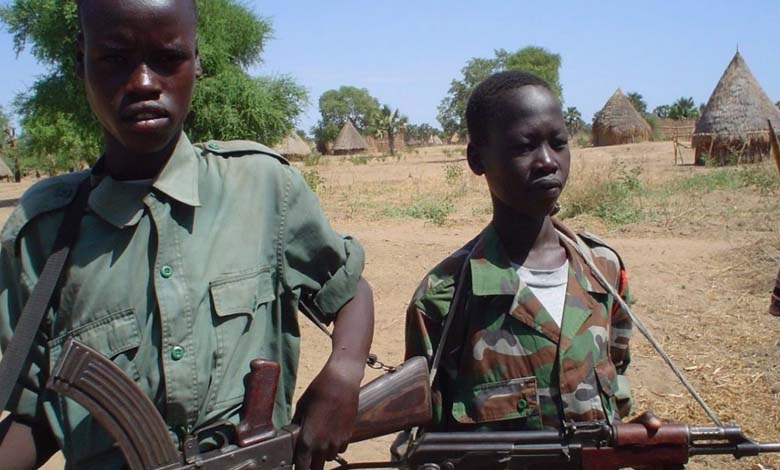
It takes little effort for any observer of Sudanese affairs to realize that Port Sudan has become the mirror of the country’s governance crisis. The failure of Kamel Idriss’s government to form a new cabinet is not a mere administrative detail, but the symbol of a political deadlock that exposes the inability of those in power to produce solutions that would meet even the most basic expectations of the Sudanese people.
-
Political Analyst: Children Are the Greatest Victims of War and the International Community Selectively Ignores the Sudanese Tragedy
-
Sudan: Reliable Evidence Unveiled of Chemical Weapons Used to Kill and Maim Hundreds of Civilians Including Children in Darfur
Political paralysis and a blocked horizon
When a transitional authority fails, after repeated attempts, to form a government, it is not simply a disruption of the political process; it sends a clear message both domestically and internationally: the state apparatus is in complete paralysis. The Sudanese citizen, who once took to the streets demanding freedom, peace, and justice, now faces an even darker reality, where hopes are being hijacked by institutions drowning in internal disputes, incapable of protecting the people or guiding the transition.
This paralysis is not sudden, but the result of long-standing divisions, power struggles, and the absence of a unifying national project. If the situation persists, the country seems on the verge of political and social disintegration, threatening the very existence of the state.
-
Sudanese Children Pay the Price for the Brotherhood’s War
-
Catastrophic Consequences… Millions of Sudanese Children Pay the Price of War. What’s the Story?
The dismissal of the Minister of Education: a sign of concealment
The removal of the Minister of Education, at such a controversial moment, confirms that the authorities in Port Sudan are not seeking to solve problems but to bury them. Growing reports of the army’s involvement in recruiting children and deploying them in military operations have placed the government under both domestic and international pressure. Yet instead of opting for transparency, it chose to dismiss the minister, as if the problem lay in individuals rather than in policies.
Such decisions reveal that the regime fears not scandal but truth itself. What is taking place is a deliberate policy of concealment, reminiscent of former regimes that sought to hide their crimes by misleading public opinion.
-
Dozens of Civilians, Including Children, Killed by Sudanese Army Airstrike on Qandahar Market
-
Sudan: Al-Burhan forcibly recruits children
Child recruitment: a crime against humanity
The world knows that child recruitment is a war crime under international humanitarian law, one of the gravest violations any government or army can commit. These practices not only rob children of their present but also destroy their future, turning them into tools of wars they neither understand nor have the right to refuse.
We have seen similar tragedies unfold in other African countries such as Sierra Leone, Liberia, and the Democratic Republic of Congo, where child recruitment tore apart the social fabric, left generations scarred by trauma, and turned entire societies into arenas of perpetual violence. Today, Sudan appears headed in the same direction unless urgent steps are taken to stop these abuses.
-
More than “1000” children recruited by the Sudanese army have been killed in battles in Khartoum
-
Education Collapse: 19 million Sudanese children face an uncertain future after school closures
The army and its disastrous choices
Even worse, the Port Sudan army has not only waged war against civilians but has also exploited the most vulnerable among them: children. This policy reflects a dangerous moral decline, showing that the army has lost both its national and ethical compass, turning into a threat to its own people instead of a guardian of their security.
By deciding to use children as fuel for its wars, the Sudanese army has forfeited what remained of its legitimacy in the eyes of its citizens and the international community. No official narrative or justification can conceal this shocking truth.
-
Sudanese journalist: Significant increase in violations against women and children due to the ongoing conflict
-
Hunger, conflict, and displacement… Death haunts Sudanese children everywhere
Al-Burhan and the Muslim Brotherhood: a struggle on the ruins of the state
These developments cannot be understood apart from the deep rift between General Abdel Fattah al-Burhan and the Muslim Brotherhood. Once the army stopped funding Islamist movements, al-Burhan appeared to seek a political repositioning through engaging in a peace process and sidelining Islamists. Yet this move triggered another power struggle at the heart of the regime, adding further complexity to the Port Sudan crisis.
This is not merely a tactical dispute but a battle over the very identity of the state: will it remain captive to Islamist influence and interests, or will it move towards a new path of peace and stability? The answer remains uncertain, but what is clear is that this conflict only deepens the country’s fragility and fuels division.
-
Without food or education… The specter of death haunts Sudanese children as the intensity of the war escalates
-
Ethnic Cleansing in Al-Khuwai and Al-Hammadi: A Horrifying Escalation in Sudan’s Militia Warfare
The international community’s responsibility
Amid this grim reality, pressing questions arise: where does the international community stand in the face of these crimes? Will the violations in Port Sudan continue without accountability? The recruitment and use of children in armed conflicts must not be treated as an internal matter, but as a crime against humanity requiring urgent intervention, whether through accountability or civilian protection.
Sudan today stands at a decisive crossroads. Either the authorities acknowledge their mistakes and embark on genuine reform that halts abuses and restores citizens’ trust, or they persist in policies of concealment and child recruitment, driving the country towards deeper disintegration and renewed conflict.
The future of Port Sudan, and indeed of Sudan as a whole, cannot be built upon the bodies and broken dreams of children. Sudanese leaders must realize that history is unforgiving, and that peoples who are exploited and oppressed never forget those who betrayed or sold their future.


